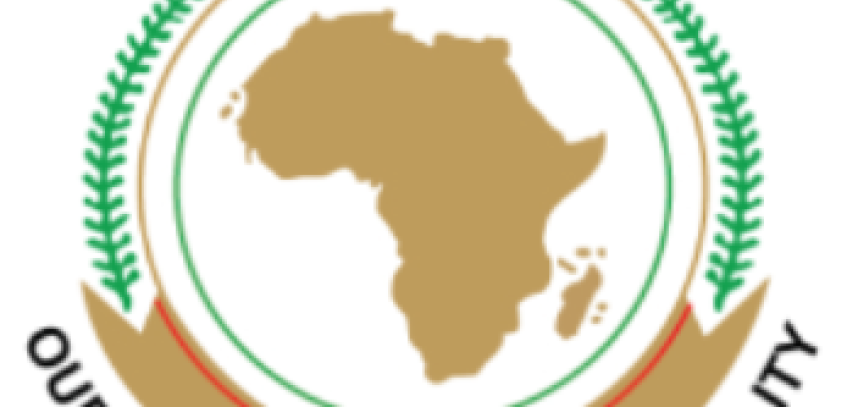The Working Group on the Rights of Older Persons and Persons with Disabilities in Africa (the Working Group) of the African Commission on Human and Peoples’ Rights (the Commission) is delighted to celebrate together with the whole world the 2015 edition of the International Day of Persons with Disabilities.
On the 14 October 1992, the General Assembly of the United Nations adopted Resolution 47/3 instituting the International Day of Persons with Disabilities. This move of the United Nations aims at mobilising efforts and attention on the challenges faced by persons with disabilities in their various societies due mainly to important changes in environments, habits, living styles, reconfiguration of social interactions, etc.; all as a result of the rapid pace at which the world is developing and will continue to develop.
According to the good practice, a theme has been chosen for the celebration of the 2015 edition of the International Day of Persons with Disabilities, and reflects the living reality of the moment at the time of the celebration of this international day. The theme of 2015 observance of the International Day of Persons with Disabilities is “Inclusion matters: access and empowerment for people of all abilities”, which is also sustained by three sub-themes as follow : 1- Making cities inclusive and accessible for all – 2- Improving disability data and statistics – 3- Including persons with invisible disabilities in society and development.
While carrying the work for the respect and protection of the rights of persons with disabilities, the ultimate goal of the Working Group and of the Commission in general, is to ensure that no single person with disability is let at the periphery of the society on the ground of his or her disability. Consequently, the Working Group applauds the phrasing of the theme of this 2015 edition of the International Day of Persons with Disabilities, as well as its sub-themes; for it finds these a reflection of the ever permanent and core problem of accessibility for persons with disabilities.
Thus, without reasonable accommodation for persons with disabilities, they would not access to any of the rights and freedoms to which each human being is entitled to, and the specific rights recognised to persons with disabilities on the basis of their situation would be void. Equally, without accessibility as explained above, there would not be inclusion.
On this basis, the Working Group has been relentlessly preparing a Protocol to the African Charter on Human and Peoples’ Rights on the Rights of Persons with Disabilities in Africa. Hopefully, this Protocol will be adopted in early 2016 by the African Commission on Human and Peoples’ Rights, and will be forwarded to the treaty-making process of the African Union. It is the strong belief of the Working Group that this Protocol will further the already existing legal framework regarding the rights of persons with disabilities as it would insist on and expound more issues of accessibility, inclusion and reasonable accommodation, while taking into account the specific context of duty-bearers and rights holders of the rights it guarantees.
In addition, at its 18th Extra-Ordinary Session held in Nairobi, Kenya, form 29 July to 7 August 2015, the African Commission on Human and Peoples’ Rights adopted Resolution ACHPR/Res.305 (EXT.OS/XVIII) 2015 on Accessibility for Persons with Disabilities. In this Resolution, the Commission urged all duty-bearers to take immediate and effective measures to ensure that all facilities and services open or provided to the public are accessible to persons with disabilities; to ensure that meetings in which the public participate are held in places accessible to persons with disabilities; to ensure that all information intended for the general public is disseminated in accessible formats and technologies appropriate to different kinds of disabilities; to recognise and promote the use of sign language at the national, sub-regional and continental levels; and for States who have not done so to ratify the Marrakesh Treaty to Facilitate Access to Published Works for Persons Who Are Blind, Visually Impaired or Otherwise Print Disabled.
At this point, the Working Group would like to commend and encourage all stakeholders who are tirelessly working to make true a world which leaves no one behind as per the call of the Secretary General of the United Nations on the occasion of this celebration.
Finally, the Working Group wishes all persons with disabilities a happy celebration and reiterates its commitment to be by their side up to the attainment of their total inclusion in all spheres of life.
Done in Banjul, The Gambia, on 3rd December 2015








